The concern is not so much about poor science as it is about the way science is run: numbers of publications, citations, rankings replace substance. In this context, scientific integrity becomes a matter of survival, not just an ethical code but the thread that keeps science from falling into a self-destructive spiral.
For many years, “academic integrity” has been talked about a lot but done little. Schools, institutes, and regulatory agencies have set up regulations, criteria, and commitments. However, many researchers still choose shortcuts: plagiarism, buying and selling articles, and distorting data to meet targets. The result is a science that has many covers but no soul.
Scientific integrity cannot be a slogan on the wall, nor can it be a fear of being discovered. It must be nurtured as an inner capacity of every researcher: self-respect, the courage to tell the truth, and the courage to refuse easy but unethical paths.
In an age where artificial intelligence (AI) can “do” many tasks for us, the only thing left for humans is honesty. AI can write articles, synthesize data, analyze statistics, and even “create” seemingly reasonable results. But is that still science? Or is it just an “artificial product” colored by algorithms? That question forces us to look back at the foundation: science is not just about creating new information, but also about searching for the truth. And the truth only appears when there is integrity.
More dangerously, the pressure to publish and the system of quantitative evaluation easily push people into a spiral of AI abuse. When the goal is no longer "finding the truth" but just "getting another article", AI becomes the perfect tool to cover up the emptiness. That is the biggest risk.
In this age, we need a different perspective: integrity is not a constraint, but the source of true innovation. In a world where AI can replicate almost infinitely, only authenticity and accountability for results can create value.
Integrity here is not just “not cheating,” but a capacity to redefine creativity in the machine age. People with integrity are not afraid to admit their own limitations. People with integrity know that one wrong data, one distorted number can lead an entire community to blindness. People with integrity understand that knowledge is not just a personal property but part of the heritage of humanity.
In that sense, integrity is the courage to be honest with the truth, even when it is inconvenient, even when it slows down personal progress. And it is this attitude that paves the way for true creativity – creativity that cannot be replicated by AI.
To make integrity a reality, a new ecosystem for scientific research is needed. We need to change the way we evaluate, instead of counting the number of papers, we need to consider the substantive impact, novelty, and contribution to the community; put ethics alongside technology: each study must have a clear commitment to the origin of the data, the processing method, and the role of AI.
At the same time, integrity education should be taught from the beginning so that students not only learn how to write reports, but also experience ethical situations, and practice the courage to choose truth over achievement. Open and transparent with open data, open processes for the community to monitor and share responsibility. When integrity becomes a cultural norm, no one needs to "doubt" science, because transparency will answer.
Source: https://thanhnien.vn/liem-chinh-khoa-hoc-thap-sang-su-that-185251002204147723.htm


![[Photo] General Secretary To Lam attends the 8th Congress of the Central Public Security Party Committee](https://vphoto.vietnam.vn/thumb/1200x675/vietnam/resource/IMAGE/2025/10/4/79fadf490f674dc483794f2d955f6045)

![[Photo] Solemn opening of the 8th Congress of the Central Public Security Party Committee, term 2025-2030](https://vphoto.vietnam.vn/thumb/1200x675/vietnam/resource/IMAGE/2025/10/4/f3b00fb779f44979809441a4dac5c7df)


![[Photo] Bustling Mid-Autumn Festival at the Museum of Ethnology](https://vphoto.vietnam.vn/thumb/1200x675/vietnam/resource/IMAGE/2025/10/4/da8d5927734d4ca58e3eced14bc435a3)
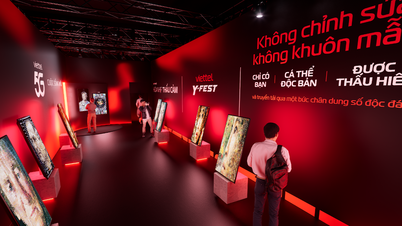

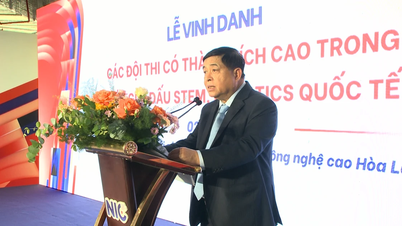

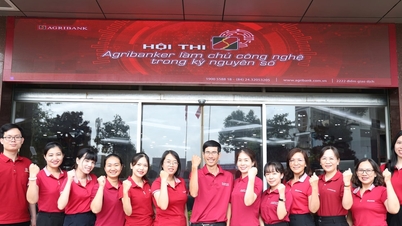

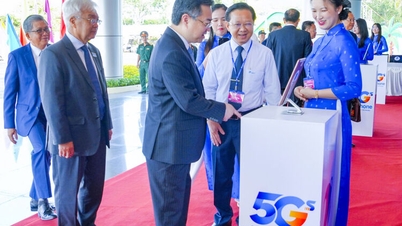



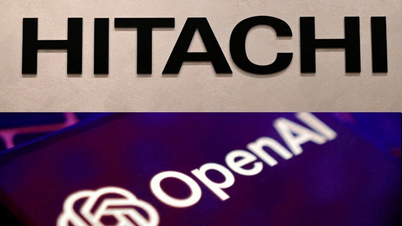

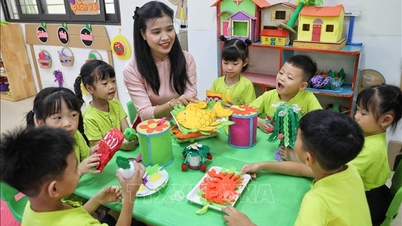

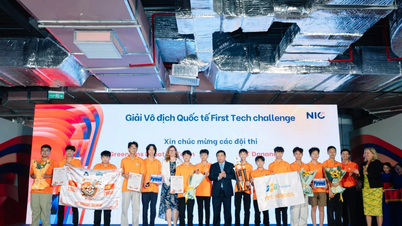
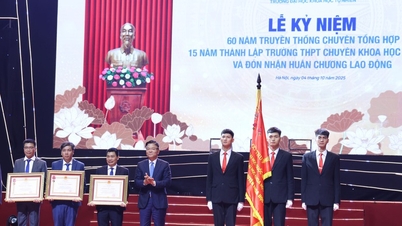









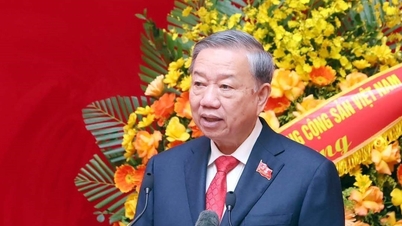
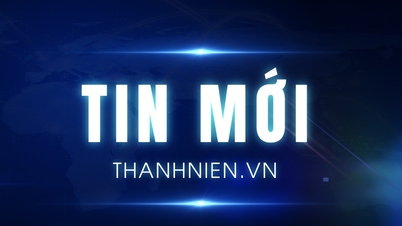
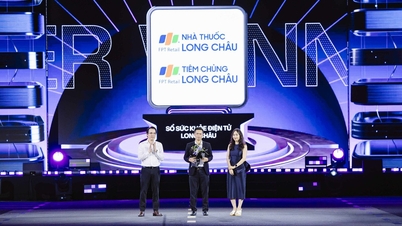
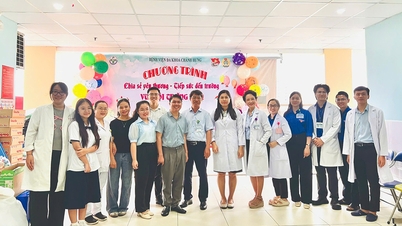


![[Infographic] Notable numbers after 3 months of "reorganizing the country"](https://vphoto.vietnam.vn/thumb/1200x675/vietnam/resource/IMAGE/2025/10/4/ce8bb72c722348e09e942d04f0dd9729)


























![[VIDEO] Summary of Petrovietnam's 50th Anniversary Ceremony](https://vphoto.vietnam.vn/thumb/402x226/vietnam/resource/IMAGE/2025/10/4/abe133bdb8114793a16d4fe3e5bd0f12)
![[VIDEO] GENERAL SECRETARY TO LAM AWARDS PETROVIETNAM 8 GOLDEN WORDS: "PIONEER - EXCELLENT - SUSTAINABLE - GLOBAL"](https://vphoto.vietnam.vn/thumb/402x226/vietnam/resource/IMAGE/2025/7/23/c2fdb48863e846cfa9fb8e6ea9cf44e7)


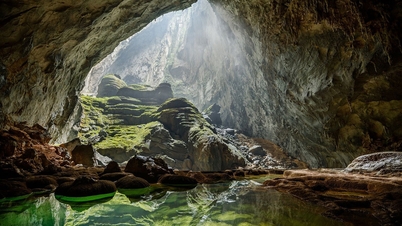
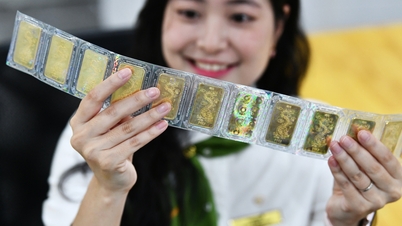










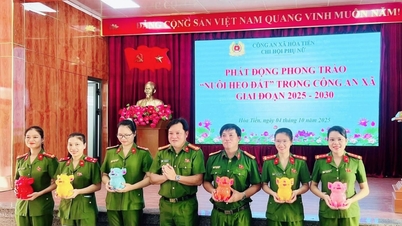

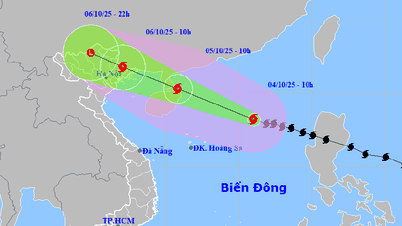

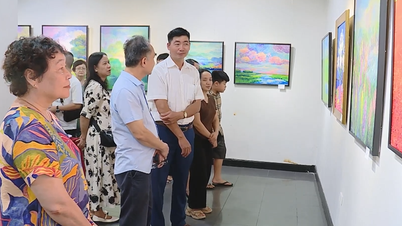



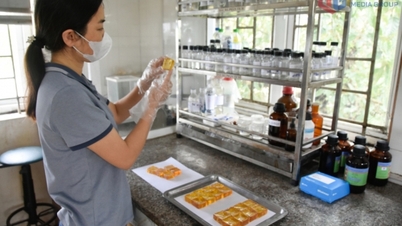






Comment (0)